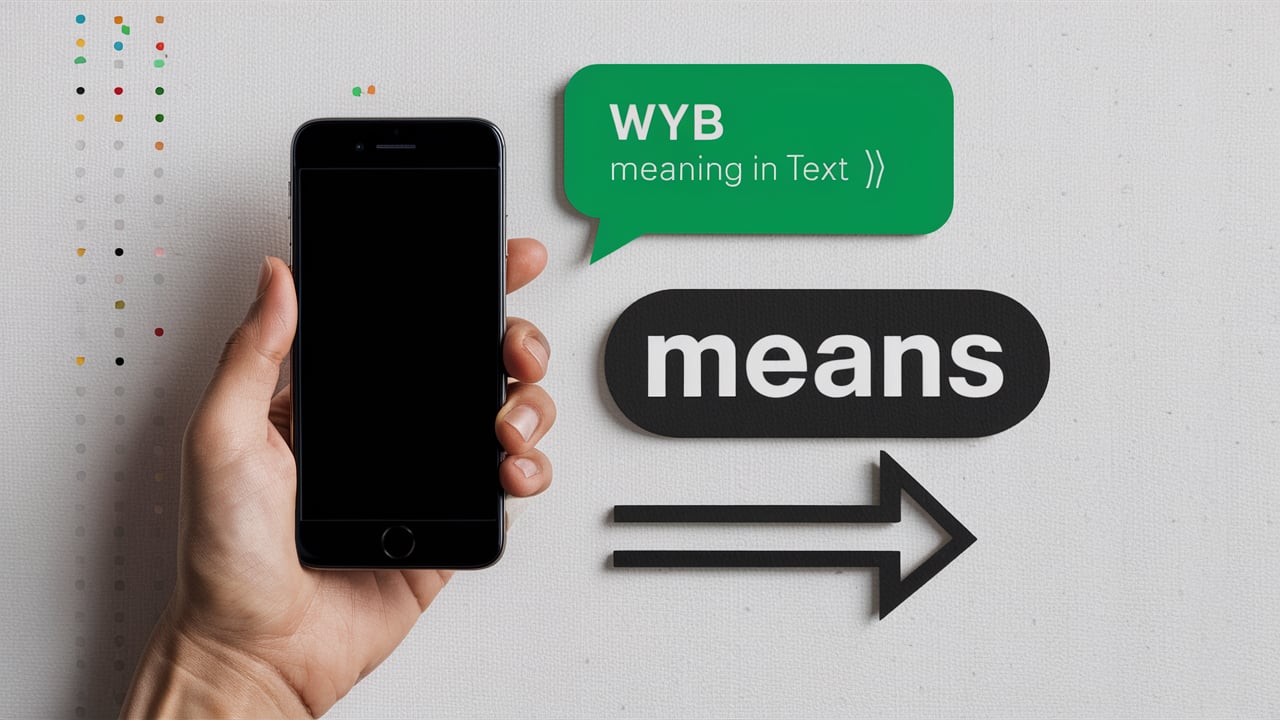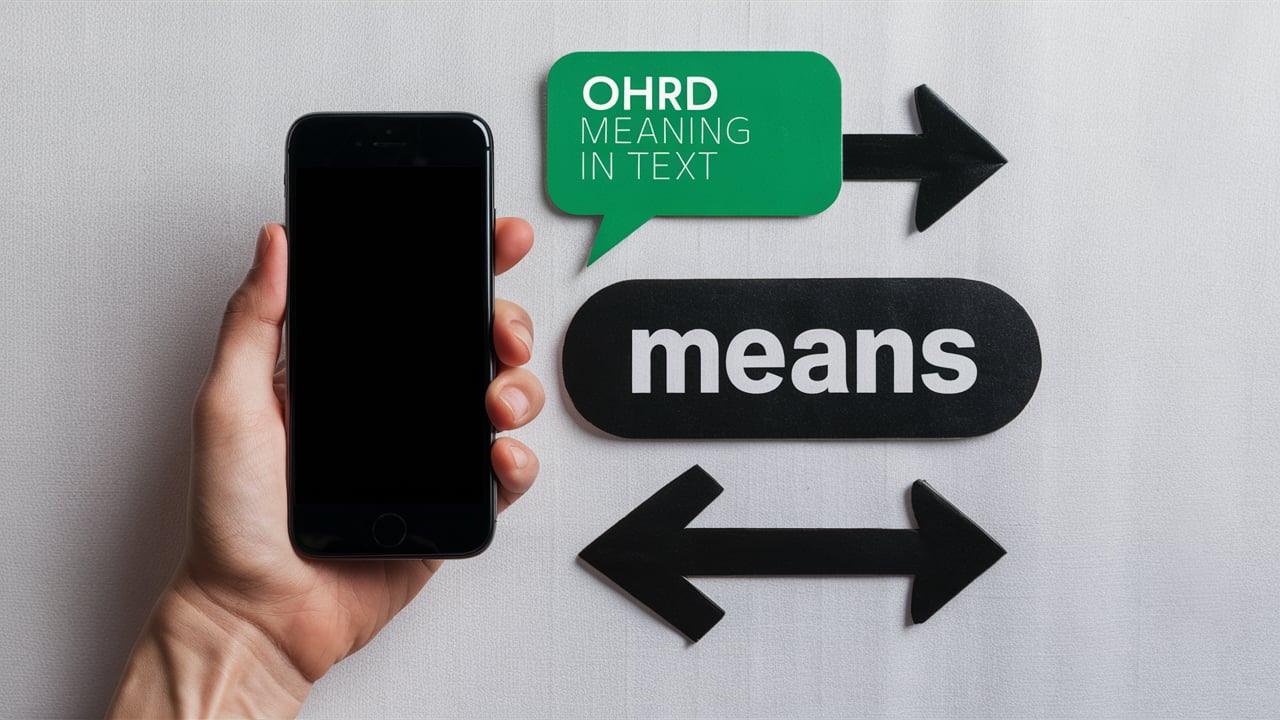When we use text messaging, chat apps, or social media, words often shrink into shorter forms. These shortened forms are called abbreviations or acronyms. The term “Full Form” means the complete expansion of a shortened word. For example, LOL → Laugh Out Loud.
One of the most widely used abbreviations in texting today is “nt.” At first glance, “nt” may look simple, but its meaning shifts depending on the language, cultural context, and even the platform where it’s used.
In 2025, understanding these abbreviations is more important than ever. With cross-border conversations, AI chatbots, and multicultural digital spaces, knowing what “nt” stands for helps avoid miscommunication and confusion.
In this article, we’ll cover:
- The full forms of “nt” in 10 languages
- Examples of chat-style conversations
- The origin and cultural context behind each usage
- A comparison between languages
- The role of abbreviations in shaping communication
1. NT Meaning in English 🌍
Full Form in English:
- “Not Today”
- Also used in gaming: “Nice Try”
- Sometimes used in tech: “New Technology”
Usage & Context:
In English texting and chats, “nt” is most often used to say “Not Today” in casual talks. In gaming communities, “nt” means “Nice Try” — a way of encouraging someone after a failed attempt. In professional or tech contexts, “NT” can mean “New Technology”, but lowercase “nt” is almost always casual.
Chat Example (Casual Texting):
- A: Wanna hang out?
- B: Sorry, nt feeling it today.
Chat Example (Gaming):
- A: We almost won that round.
- B: Yeah, nt bro, we’ll get it next time.
Origin & Background:
“nt” emerged in the early 2010s texting culture as phones shifted from T9 typing to QWERTY. The need for quick replies in fast-paced platforms (WhatsApp, Snapchat, gaming chats) cemented “nt” as shorthand.
2. NT Meaning in Hindi 🇮🇳
Full Form in Hindi (Roman script):
- “Nahi Tha” (meaning “wasn’t there”)
- Also slang for “Not Tension” (meaning don’t worry)
Usage & Context:
In India, people often mix Hindi with English in chats. “nt” is used for “nahi tha” when someone talks about absence. Another creative meaning is “Not Tension”, a Hinglish phrase meaning “don’t worry.”
Chat Example (Absence):
- A: Kal party me aya tha?
- B: Nhi yaar, nt.
Chat Example (Reassurance):
- A: Bhai result aaya kya?
- B: Chill, nt bro, sab theek hai.
Origin & Background:
Hinglish texting culture grew rapidly after 2015 with WhatsApp and Jio’s internet revolution. “nt” reflects India’s hybrid digital language: short, efficient, and playful.
3. NT Meaning in Italian 🇮🇹
Full Form in Italian:
- “Non Troppo” (meaning “not too much”)
- “Non Ti” (meaning “not you” in some contexts)
Usage & Context:
In Italian texting, “nt” often replaces non troppo — used when describing moderation. For example, not too busy, not too tired.
Chat Example:
- A: Sei stanco? (Are you tired?)
- B: Nt, va bene. (Not too much, it’s fine.)
Origin & Background:
Italians love shortening words in texting. With rich expressions, “nt” is a practical shortcut in everyday chats.
4. NT Meaning in Spanish 🇪🇸
Full Form in Spanish:
- “No Tengo” (I don’t have)
- “No Terminé” (I didn’t finish)
Usage & Context:
In Latin American chats, “nt” is used for quick replies about not having or not finishing something.
Chat Example:
- A: ¿Tienes dinero?
- B: Nt, lo gasté todo.
Origin & Background:
Spanish texting culture often drops vowels or uses initials. “nt” naturally fits this style, especially among younger users.
5. NT Meaning in French 🇫🇷
Full Form in French:
- “N’ai pas Terminé” (I haven’t finished)
- “Non Trop” (not too much)
Usage & Context:
French users often use “nt” for school or work-related texting to mean not finished.
Chat Example:
- A: T’as fini ton devoir? (Did you finish your homework?)
- B: Nt encore. (Not yet finished.)
Origin & Background:
Since French conjugations are long, shortening is popular. “nt” here is practical for quick digital conversations.
6. NT Meaning in Arabic 🌙
Full Form in Arabic (transliterated):
- “Na Tamam” (slang, meaning not okay)
- “No Tashweesh” (don’t disturb)
Usage & Context:
Arabic speakers, especially on WhatsApp, use Romanized Arabic texting. “nt” is popular shorthand for both casual and polite expressions.
Chat Example:
- A: How are you?
- B: Nt today, not feeling good.
Origin & Background:
Romanized Arabic texting exploded in the Gulf and North Africa with smartphones. “nt” reflects the blend of Arabic + English chat culture.
7. NT Meaning in Chinese 🇨🇳
Full Form in Chinese (pinyin style):
- “Neng Ting” (能听 – can listen)
- Also adopted as “Nice Try” in eSports
Usage & Context:
Chinese gamers widely use “nt” for Nice Try (borrowed from English). In casual WeChat conversations, it sometimes means “neng ting” (I can hear).
Chat Example (Gaming):
- A: 我们差点赢了 (We almost won).
- B: Nt,下次吧. (Nice Try, next time.)
Origin & Background:
China’s eSports boom (2020s) made “nt” common gaming slang. Its dual meaning makes it unique in Asia.
8. NT Meaning in German 🇩🇪
Full Form in German:
- “Nicht Toll” (not great)
- “Noch Tired” (youth slang: still tired)
Usage & Context:
German texters often use “nt” for negative feelings or being tired.
Chat Example:
- A: Wie war dein Tag? (How was your day?)
- B: Nt, zu stressig. (Not great, too stressful.)
Origin & Background:
Germany’s digital slang borrows heavily from English. “nt” is short, effective, and widely used among teens.
9. NT Meaning in Japanese 🇯🇵
Full Form in Japanese (romaji style):
- “Nai Toki” (ない時 – meaning not available/when not)
- Also used in gaming: Nice Try
Usage & Context:
Japanese gamers use “nt” exactly like English gamers. In texting, “nt” as nai toki means absence/unavailability.
Chat Example:
- A: Ima aru? (Are you available now?)
- B: Nt, gomen. (Not right now, sorry.)
Origin & Background:
Japan’s texting blends English imports and shortened Japanese phrases, making “nt” versatile.
10. NT Meaning in Russian 🇷🇺
Full Form in Russian (transliterated):
- “Net” (нет – meaning no)
- “Ne Tam” (not there)
Usage & Context:
In Russian chats, “nt” is often shorthand for simply “нет” (no). Sometimes it’s used to indicate something is misplaced.
Chat Example:
- A: Got the file?
- B: Nt, not received.
Origin & Background:
Since Cyrillic typing can be slower, Russians often switch to Romanized texting. “nt” as “net” is natural and quick.
Cross-Language Comparison 🌐
| Language | Meaning of “nt” | Common Usage | Example Context |
|---|---|---|---|
| English | Not Today / Nice Try | Casual + Gaming | “Sorry, nt today.” |
| Hindi | Nahi Tha / Not Tension | Hinglish texting | “nt bro, chill.” |
| Italian | Non Troppo | Describing moderation | “Nt tired.” |
| Spanish | No Tengo / No Terminé | Quick replies | “Nt dinero.” |
| French | N’ai pas Terminé | School/work chats | “Nt encore.” |
| Arabic | Na Tamam / No Tashweesh | Mixed chats | “Nt okay today.” |
| Chinese | Nice Try / Neng Ting | Gaming + WeChat | “Nt, next time.” |
| German | Nicht Toll | Negative moods | “Nt, too stressful.” |
| Japanese | Nai Toki / Nice Try | Gaming + texting | “Nt, sorry.” |
| Russian | Net (No) | Quick rejection | “Nt, not received.” |
Importance of Full Forms and Abbreviations in 2025
- Speed & Convenience: Abbreviations like “nt” make texting faster.
- Cultural Identity: Each country gives “nt” a unique flavor.
- Globalization of Slang: Gaming and social media spread meanings across borders.
- Avoiding Misunderstanding: Knowing multiple meanings prevents confusion.
💡 In 2025, AI-powered texting apps are even starting to auto-expand abbreviations based on context. For example, if you type “nt” in English, your keyboard may suggest “Not Today” or “Nice Try.”
Conclusion
The abbreviation “nt” may look simple, but it carries diverse meanings across languages and cultures. From “Not Today” in English to “No Tengo” in Spanish, “Nicht Toll” in German, or “Net” in Russian, each use reflects the creativity of digital communication.
As texting becomes more global in 2025, knowing how “nt” translates across cultures helps you connect better, avoid misunderstandings, and embrace linguistic diversity.
👉 Next time you see “nt” in a chat, remember: it might mean not today, nice try, not finished, no tengo, or simply нет. Context is everything.



